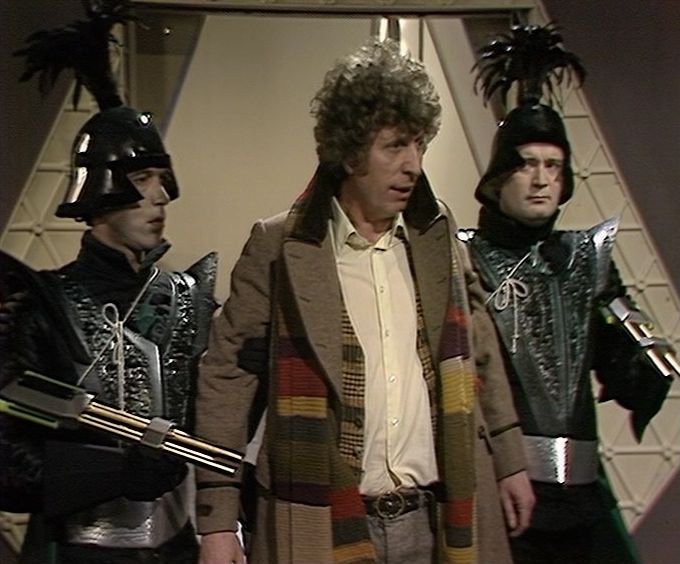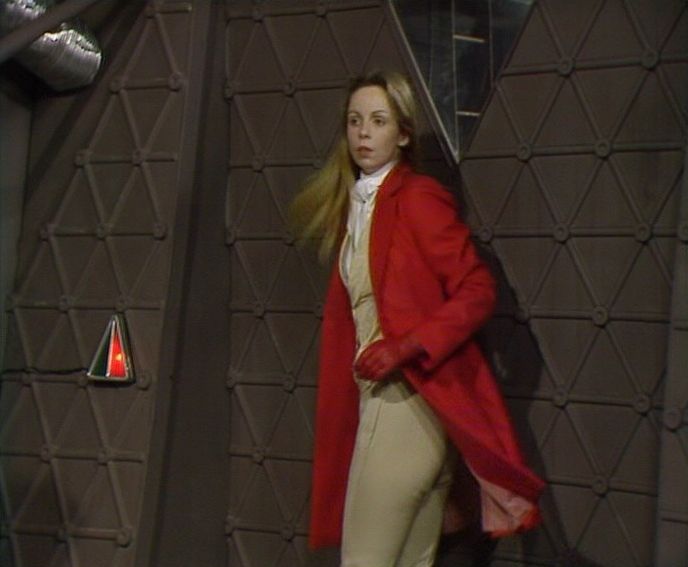
At the start of this episode Lyn and Stephen enjoy a relaxing post-coital moment. Lyn tells him that she’s his best client and that their experiences (with the names changed of course) will make valuable research material. Is she attempting to unsettle him with her talk of other partners – all part of her researches maybe? Stephen, although he’s immensely grateful to Lyn, can’t help but feel like an experiment subject. At one point he likens himself to a “smoking beagle”.
John Bird returns as Vice Chancellor Ernest Hemmingway with Frances White appearing as his ever-loyal secretary Dorothy Hampton. The members of the practice are called to an early morning meeting with the VC, where the drinks on offer – apple juice – doesn’t meet with the approval of Bob (“I’m not a bloody hippy”).
Hemmingway is a jargon-spouting bureaucrat, keen for the practice to pay its way. Stephen’s weak protestation (made even less impressive by the way he’s clutching his carton of apple juice) that they have an impressive treatment rate piques the VC’s interest for a fleeting second, but since it’s not actually something that’s generating income he’s unsure of how they can spin it into a success story.
Stephen’s encounter with Jeannie MacAllister (Geraldine Alexander) has unforseen consequences. She’s charming and Stephen is his usual affable and friendly self, but she’s also a journalist and despite Stephen’s protests that he can’t discuss confidential medical matters with her, he attempts to put a positive spin on their treatment successes. Alas, this means that he turns into Doctor Blue Eyes whilst their success at treating VD becomes a major talking point of the article.
But then there’s a rash – as it were – of cases of sexually transmitted diseases. Stephen and Rose Marie, of course, are delicate, patient and understanding with their patients whilst Bob is forthright, brisk and uncaring. “Below the waist I take it? Front or back? So we’ve got a bit of tool trouble, well, well, well”. Jock is his usual avuncular self, telling one student that it’s “one of the minor penalties extracted from us by the goddess aphorpdite”.
With thirteen cases in two days (“trouble with the trouser snake” as Bob puts it) Jock and the others have a race against time to stop the epidemic growing. Graham Crowden once again ramps the intensity up and effortlessly steals the scene as Jock rages to Bob that they have to tackle this undercover and with a Falklands spirit. Later bulletins to the troops (“we’re holding the enemy, but only just”) are delivered in the same entertaining military manner.
With only a limited number of extras on hand, a little bit of creative work ensures that the illusion of a stream of patients is created. First, we see a number of mute patients before rapidly cutting to close-ups of the doctors as they continue to work their way through a backlog of appointmemts. By this point we simply have to accept that the unseen people they’re talking to are actually there.
Bob’s rundown of which departments were the worst offenders is a classic VPP moment. “Arts Faculty produced the largest number of cases. Idle sods. Too much time on their hands. Whole department’s going down like dominos. Similar pattern with the secretaries and porters, and Communication Studies lived up to their name. Waitresses and bar staff were a problem till we sewed up the catering managers’ trousers with cobbler’s thread. Sociologists only appear to do it with each other and we’ve got control there. Engineers, you’ll be interested to hear, have a very low rate of sexual activity. Singing about it in the bar seems to be their only outlet. And Physical Sciences hardly troubled the scorer”.
The nuns – who have been ever-present background figures – call in to see Jock. Stephen’s shocked expression – surely, they can’t have … ? – offers Peter Davison a lovely reaction moment. The late twist that even the VC is affected is another gift for Davison as Stephen is forced to reluctantly approach Hemmingway in his den. Naturally, the VC immediatly jumps to the conclusion that Stephen’s attempting to blackmail him.
The VC is appreciative but as a skilled politician he finds it impossible to believe that Stephen won’t attempt to use this embarrassing information at a later date. So Stephen’s told gently but firmly that his days at Lowlands are strictly numbered ….







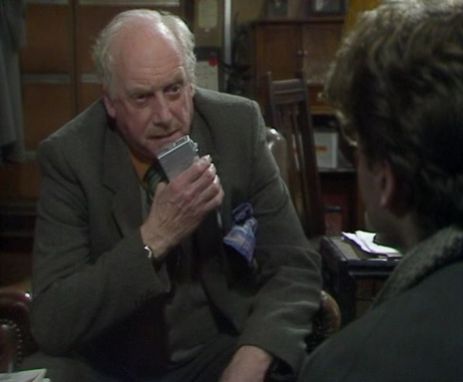





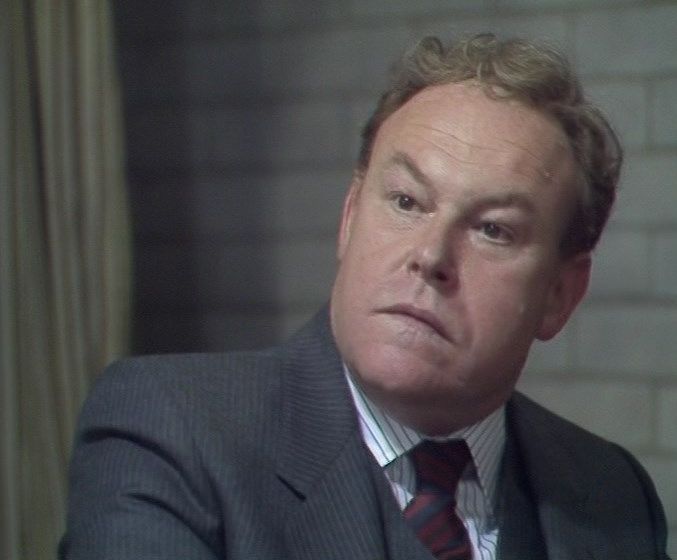










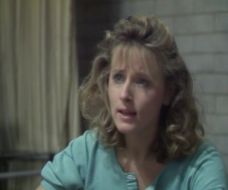







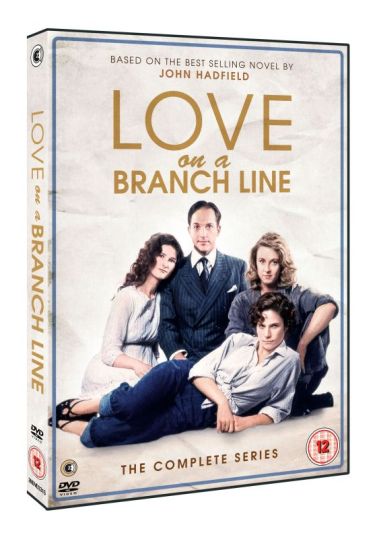 The year is 1957 and civil servant Jasper Pye (Michael Maloney) is stuck in a rut. When his girlfriend mentions to a fellow party guest that he’s something of a bore, Jasper decides to take immediate action. But his initial plan – to move to France and become a painter – is shelved after his superiors send him deep into the English countryside.
The year is 1957 and civil servant Jasper Pye (Michael Maloney) is stuck in a rut. When his girlfriend mentions to a fellow party guest that he’s something of a bore, Jasper decides to take immediate action. But his initial plan – to move to France and become a painter – is shelved after his superiors send him deep into the English countryside.





